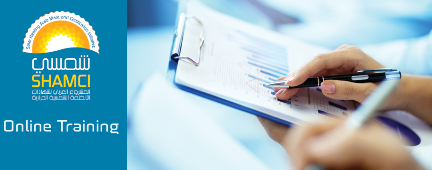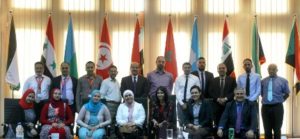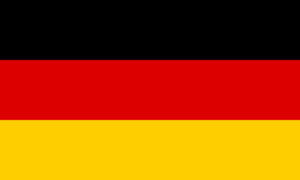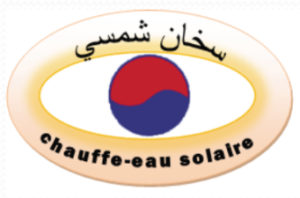MENA: First Online Training Program on Solar Water Heaters Certification
June 21, 2015
In March, the Regional Center for Renewable Energy and Energy Efficiency (RCREEE) launched an online training program on the Solar Water Heaters (SWHs) Quality Assurance and Certification Scheme in the Arab region. The training course aims to provide participants with sufficient knowledge on SWH quality and certification schemes, such as the Solar Heating Arab Mark and Certification Initiative (SHAMCI). Participants can register for the training course online. According to the RCREEE, it is the first online training in the Middle East and North Africa region. The implementation of the course was supported by the United Nations Environment Programme (UNEP).
Source: SHAMCI.net
Solar thermal certification schemes have proved to remove trade barriers and promote industrial quality standards in order to offer reliable and long-lasting products to end consumers. To support the implementation of the SHAMCI scheme, the RCREEE launched an online training program on standards and certification processes of solar water heaters for the MENA region.
Seven modules about all key aspects of installation and certification
From 1 March 2015 on, the SHAMCI course has been offered as a self-paced online course for a three-week learning experience. Subjects have been structured in seven modules covering the main aspects on solar thermal installation and certification. At the end of each module, participants will receive a set of 15 to 20 questions to test their knowledge. Completion of all modules will automatically generate a certificate. The online training course initiative was developed in joint collaboration with the League of Arab States, the United Nations Environment Programme and the RCREEE. To date, no information has been released by SHAMCI on the number of course participants. The course is currently offered in English. Development of the course content to Arabic can be considered as a future improvement, informed the SHAMCI network.
Inspired by Solar Keymark, the European solar thermal certification scheme, the RCREEE launched SHAMCI in 2012 (see attached scheme rules from 2013). Currently, the SHAMCI initiative entails 43 members from 18 different EMEA countries plus 3 European nations (Denmark, France and Germany).
Tunisia, Lebanon and Egypt reactivate test labs
According to the SHAMCI website, the three Arab countries Egypt, Jordan and Tunisia have taken the first steps towards implementing SHAMCI at national level. According to online news articles, the aim of the network was to “allow those countries to grant SHAMCI marks by 2015 through training the technical staff and equipping the solar water heating labs.” Hence, one training course, titled Procedures of granting SHAMCI certification to solar thermal systems, was held in Tunisia from 15 to 19 December 2014. Regarding the set-up of test facilities in these three countries, the RCREEE gave a status quo report on its website at the beginning of January: “A lab is currently being prepared in Tunisia at the Technical Center for Building Materials, Ceramics and Glass, CTMCCV. In Lebanon, the Industrial Research Institute (IRI) lab is planned for rehabilitation to serve the same purpose. The New and Renewable Energy Authority (NREA) in Egypt is preparing to receive bids to rehabilitate the solar heating systems labs.”
The RCREEE is an independent regional non-profit organisation, which intends to enable and increase the adoption of renewable energy and energy efficiency practices across the Arab region. It consists of 16 member states, with the last one to join being Mauritania in October 2014.
More information:


